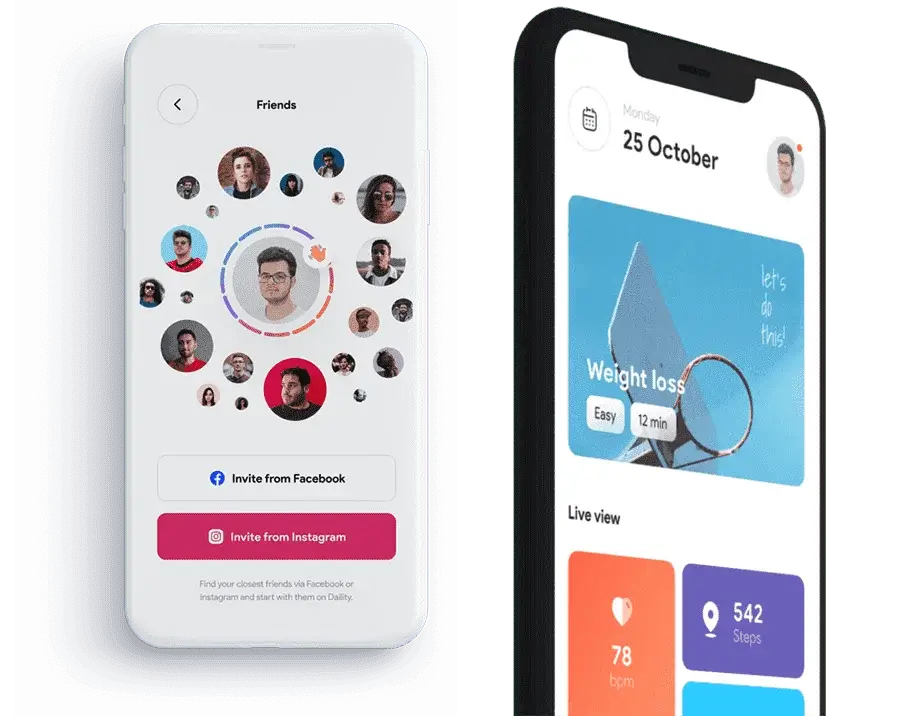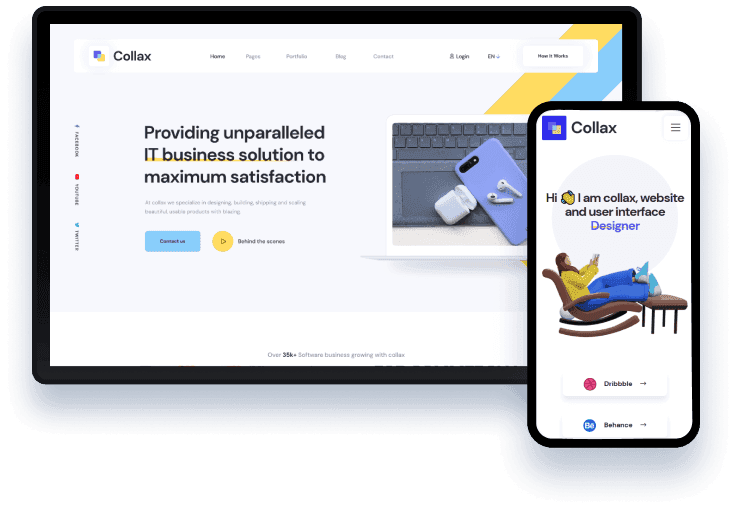Digital Marketing 03-01-2025
The Future of Search Optimization: Beyond Traditional SEO
Search optimization isn't just about stuffing keywords into a webpage anymore. With the rise of AI, voice search, and user experience-focused algorithms, the way we optimize for search engines is constantly evolving. If you're still only thinking about SEO (Search Engine Optimization), it's time to expand your horizons. Let's dive into the new world of search optimization and what it means for businesses and content creators.
The Many Faces of Search Optimization
1. SEO (Search Engine Optimization) - The Classic Approach
SEO is the foundation of search optimization. It involves optimizing your website with relevant keywords, high-quality content, backlinks, and technical improvements to rank higher on search engines like Google. While still important, SEO is just one piece of the puzzle today.
2. SXO (Search Experience Optimization) - It's All About the User
Ranking on Google isn't enough-you also need to keep users engaged. SXO focuses on user experience, ensuring websites load quickly, are easy to navigate, and provide valuable content. Think of it as SEO + UX (user experience) combined. A great user experience increases engagement, reduces bounce rates, and improves conversions.
3. GEO (Generative Engine Optimization) - AI is Changing the Game
With AI-driven search engines like Google's Search Generative Experience (SGE), traditional keyword-based optimization is evolving. GEO is about optimizing content for AI-generated answers, ensuring your information is structured and authoritative enough to be pulled into AI-powered search results.
4. SGE (Search Generative Experience) - AI-Powered Search Results
SGE is Google's way of integrating AI-generated answers into search results. Instead of just showing links, Google now provides AI-powered summaries at the top. To stay visible, businesses need to create well-structured, fact-based, and valuable content that AI can use.
5. AEO (Answer Engine Optimization) - Be the Answer, Not Just a Link
Search engines are shifting from showing links to directly providing answers. AEO is about structuring content so search engines can easily extract relevant answers. This includes using FAQs, structured data, and clear, concise information that AI and search engines can understand.
6. VEO (Voice Engine Optimization) - Optimizing for Voice Search
With voice assistants like Alexa, Siri, and Google Assistant becoming more popular, VEO is key. People search differently when they speak compared to typing. Instead of "best pizza NYC" they might ask, "Where can I get the best pizza in New York?" Businesses must optimize content for natural, conversational language and long-tail keywords.
Voice Search Optimization Tips:
Use conversational, question-based keywords.
Optimize for local search (e.g: "near me" queries).
Provide clear, direct answers to common questions.
7. AIO (AI Overviews Optimization) - Making Content AI-Friendly
AI-generated summaries are becoming more common in search results. AIO is about optimizing content so that AI-driven search results pick it up accurately. This means fact-checking, using structured data, and making content easy to digest.
8. MEO (Mobile Experience Optimization) - Mobile-First is the Way Forward
Most users now browse the web on their phones, so having a mobile-friendly website is critical. MEO focuses on fast-loading, responsive websites that provide a smooth experience on smaller screens.
How to Improve MEO:
Use a mobile-responsive design.
Optimize page speed.
Ensure easy navigation on small screens.
Why This Matters for Businesses
Search optimization isn't just about getting traffic-it's about staying relevant in a world where search engines are becoming smarter. If you want your business to be visible, you need to focus on more than just SEO.
Real-World Applications:
E-commerce: Optimizing product descriptions for voice search and AI-generated answers can drive more conversions.
Local Businesses: MEO and VEO help local stores appear in "near me" searches.
Bloggers & Content Creators: AEO ensures their content gets featured in Google's AI summaries.
Common Mistakes & How to Avoid Them
- Ignoring Mobile Optimization: A slow, clunky mobile site can cost you traffic and sales. Use tools like Google�s Mobile-Friendly Test.
- Not Structuring Content for AI: Without clear headings, lists, and FAQs, AI may not pull your content for featured snippets.
- Overlooking Voice Search: Not optimizing for natural, conversational queries means missing out on a growing segment of search traffic.
The future of search is evolving beyond traditional SEO. To stay ahead, businesses and content creators need to adapt to these new trends. Whether it's optimizing for AI-driven search, improving user experience, or making content voice-search friendly, embracing these changes will help you stay competitive in the digital landscape.






